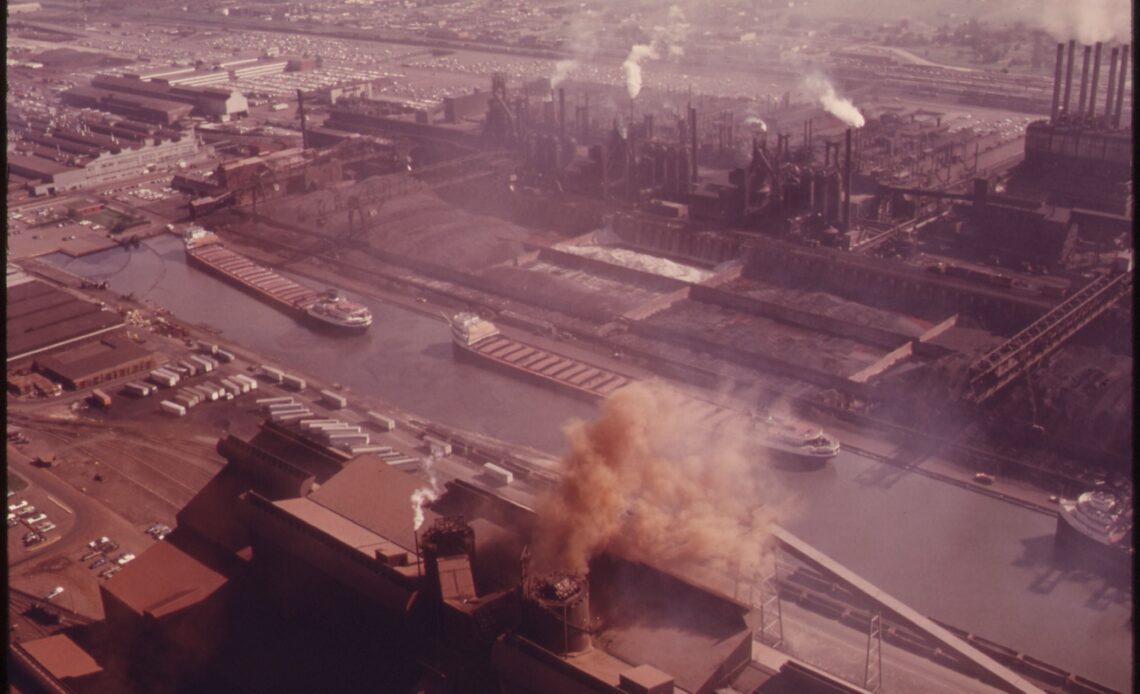The ability to achieve economies of scale is the foundation of much of the world’s modern wealth. In the original Ford Motor factory in Detroit, the company managed to gradually take the time required to assemble a model T from 12 hours to 93 minutes. The process of endless methodical improvement included everything from just speeding up the production to offering few or no options (“any color you want, as long as it’s black”) to finding a version of black paint that would dry faster than others.
I believe we’re at the beginning of a new cycle of disruption, this one fueled by public blockchains and tokenization of industrial processes, as well as several other digital processes that change the economics of doing business.
Blockchains use standardization from tokenization, and the flexibility which is enabled by smart contracts, to drive efficiency without firms needing traditional economies of scale to keep costs down. The results will be immensely disruptive to industries, geographies, and supply chains.
Now, scale isn’t the only game in town. Diseconomies of scale also exist. Government legislation routinely imposes tougher rules and targets on larger companies. Larger companies develop bureaucracy. The same systems that keep companies operating with consistency globally also eliminate local discretion.
The CIA published a (since declassified) top-secret manual in 1944 on how to sabotage the enemy. It contained useful guidance like “only do things through proper channels,” and “haggle over precise wording of communications.” It is, sadly, timeless advice on how to succeed in many large offices.
Very simply: Bigger is not endlessly better. There is a range of scales as what is “optimal” – large enough to take advantage of economies, but not so large as to be strangled in red tape. The bottom end of this range is known as “minimum economic scale” and it’s important because the smaller it is, the more firms and more competition you can support in a market.
Traditionally, those numbers have been big, and the bigger the required scale of investment, the harder it is for firms to enter and stay competitive. Some industries are still headed in the direction of ever bigger investments and capacity required to achieve scale. Today, building a new state-of-the-art…
Click Here to Read the Full Original Article at Cryptocurrencies Feed…
























